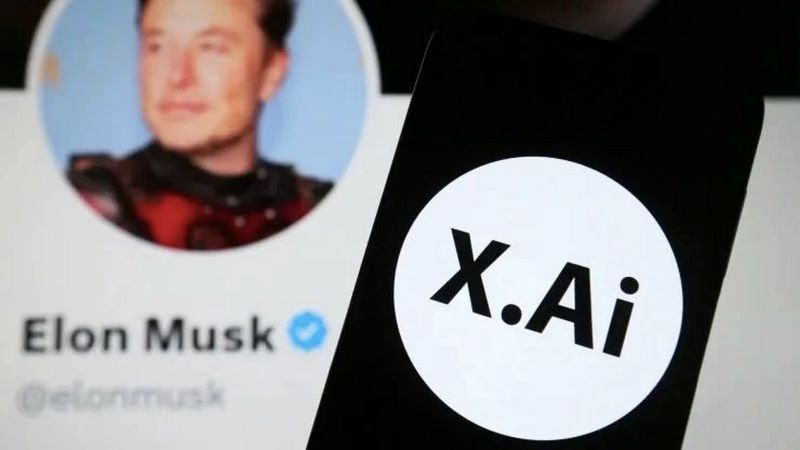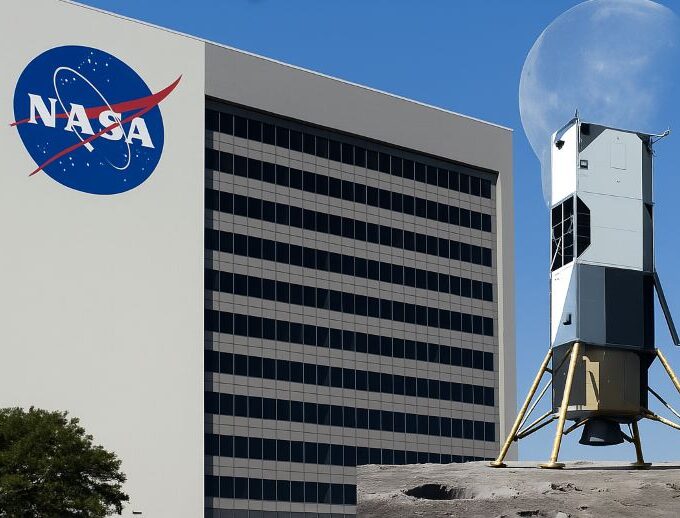Recently, xAI, an artificial intelligence startup owned by Tesla founder Elon Musk, has once again attracted attention due to environmental issues. xAI plans to use 15 gas turbines to power its Colossus supercomputer facility in Memphis, Tennessee, USA, a decision that has aroused concerns from surrounding residents and environmental organizations.
The Scale of the xAI Supercomputer Project
The Colossus supercomputer has 100,000 GPUs, which are mainly used to train xAI’s chatbot Grok. Musk plans to expand the scale of the supercomputer by 10 times, integrating more than 1 million GPUs to surpass competitors such as Google, OpenAI and Anthropic. This ambitious engineering plan highlights xAI’s ambitions in the field of AI, but it also comes with a significant environmental cost.
xAI plans to continue using gas turbines to power its Colossus supercomputer in Memphis in the future. In January, xAI subsidiary CTC Property applied for operating licenses for 15 gas turbines in Shelby County, Tennessee, which would allow the turbines to operate continuously from June 2025 to June 2030.
The Core of the Environmental Dispute
The gas turbines have raised environmental concerns. xAI’s facility is located at the former Electrolux plant. According to local media citing data from the permit application documents, these gas turbines emit 11.51 tons of controlled and uncontrolled hazardous air pollutants (HAPs) per year, exceeding the 10-ton annual cap set by the U.S. Environmental Protection Agency (EPA) for single-source HAPs. There are nearly 22,000 residents within 5 miles of xAI’s facilities, which has exacerbated public concerns about air quality.
A spokesman for the environmental organization Southern Environmental Law Center said that these gas turbines have been in operation since the summer of 2024, and xAI has enabled the turbines without notifying the public or being regulated, making Memphis’ already poor air quality even worse.
The conflict between xAI and local environmental groups has a long history. Last August, the Southern Environmental Law Center questioned whether xAI used gas turbines to power its supercomputers without an air permit. Memphis Electric, Gas and Water (MLGW), which manages the local power grid, told the City Council in January that the gas turbines were temporary and that xAI’s computing power expansion plan required an additional 150MW of electricity. MLGW is still studying what impact this will have on the local power system.
In response to public doubts, the Shelby County Health Department responded in an interview that as of now, it has not officially approved xAI’s relevant operating license and “there is no clear approval timetable.” This response undoubtedly adds more uncertainty to xAI’s supercomputer project. Environmentalists called on xAI to review its energy choices and adopt cleaner and more sustainable solutions such as solar or wind power. At the same time, they also require technology companies to assume environmental and social responsibilities while pursuing technological breakthroughs. At the same time, xAI is also facing pressure from all walks of life to increase project transparency and strengthen communication and collaboration with communities and regulators.

XAI’s Response and Future Plans
Faced with controversy, xAI has not yet publicly responded to the allegations of environmental organizations. However, Musk has repeatedly expressed dissatisfaction with environmental regulation, believing that excessive environmental requirements hinder technological innovation. xAI’s plan shows that it may continue to rely on gas turbines to power supercomputers in the future, which raises questions about the sustainability of its energy choices.
Musk’s xAI supercomputer project shows great potential in the field of artificial intelligence, but the environmental cost behind it cannot be ignored. The surge in electricity demand caused by the AI boom has greatly boosted the performance growth of gas turbine companies. Due to the long construction period of nuclear power, the difficulty of grid connection of new energy and the unstable output, gas-fired power generation has become the new favorite of US data centers. However, the impact of this fossil fuel-dependent power supply method on the environment cannot be ignored. How to find a balance between technological innovation and environmental protection is not only a challenge faced by xAI, but also a problem that the entire technology industry needs to think about together. In the future, whether xAI can make changes in environmental disputes will directly affect its social image and long-term development.













Leave a comment